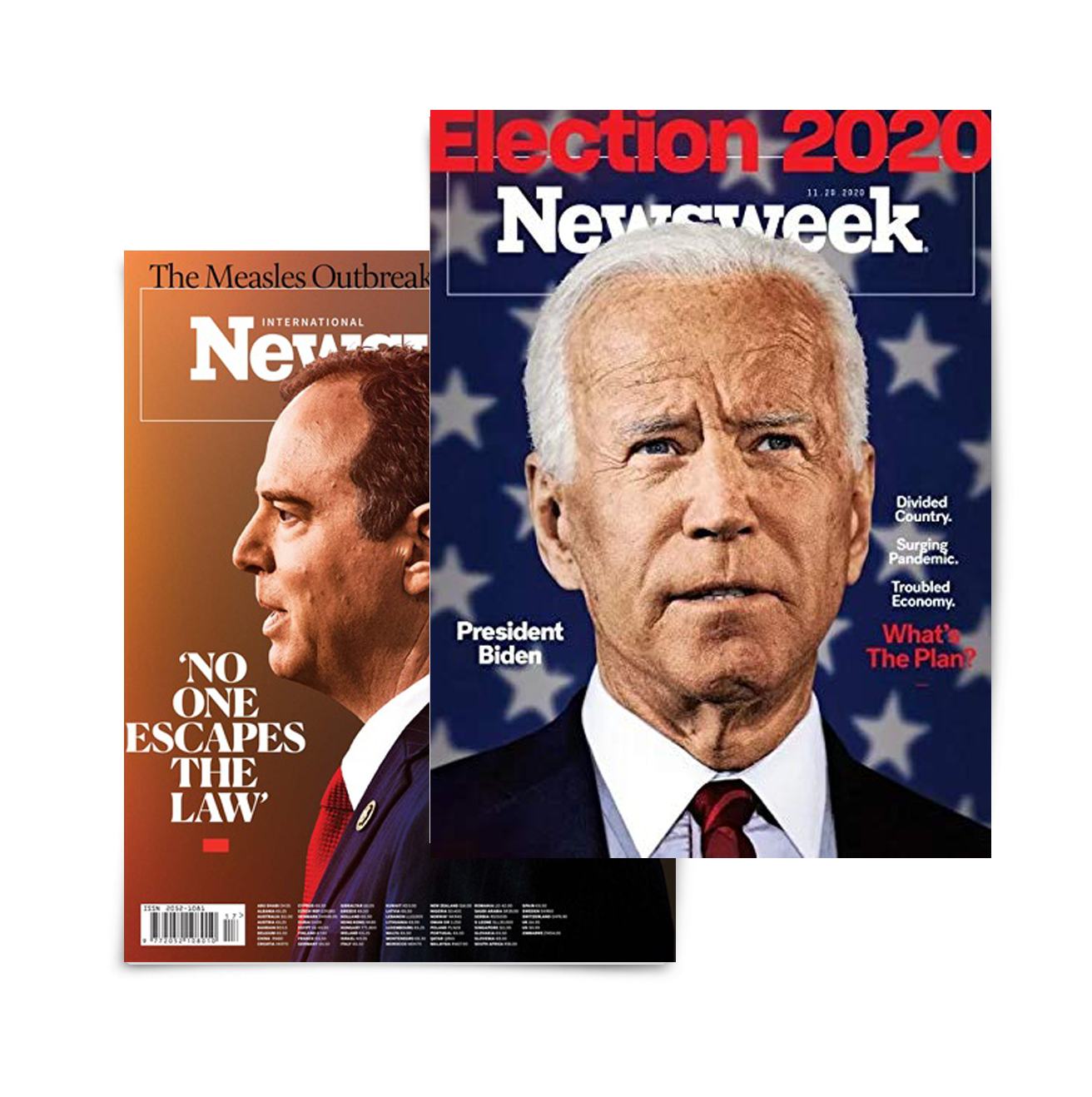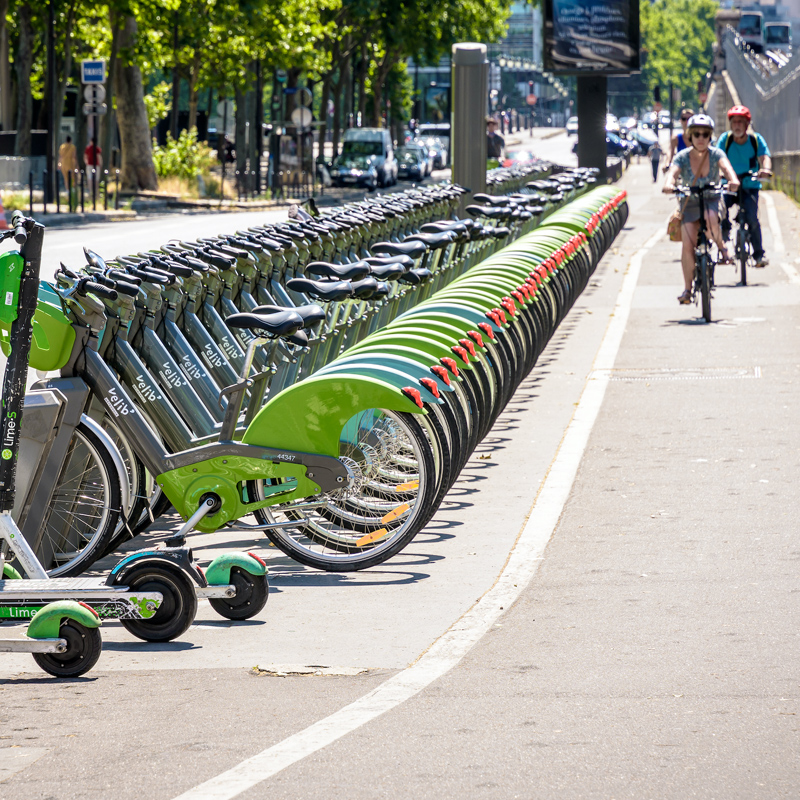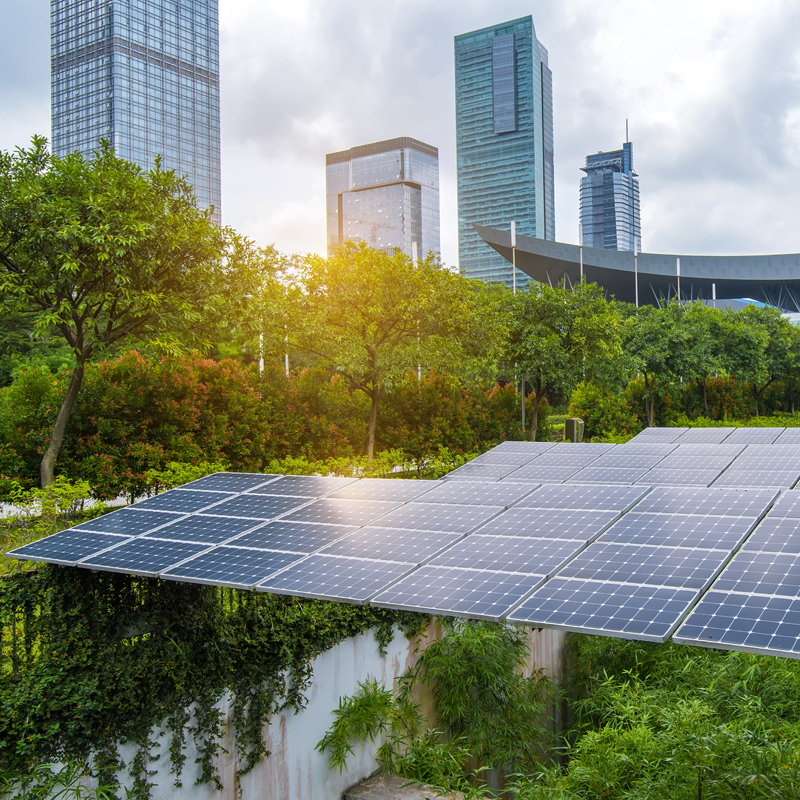





The world is on the precipice of change. The COVID-19 pandemic has drastically altered the way we operate large urban centers in terms of logistics and how we interact as a community. Sustainability has climbed the steps to become a top core value for the public sector, industry and citizens. Additionally, successive technologies have brought seemingly endless changes to the way we build and operate infrastructure based on a widely changed paradigm of necessities in the digital era.
Urban centers are expected to house 6.4 billion of the projected global population of 9.7 billion in 2050, a rise from the current half to two thirds of the population. From an energy point of view, cities currently take up 70% of worldwide energy consumption—and that is expected to rise dramatically. By the mid-century, climate change will bring about higher temperatures, excessive rainfall and droughts. In response, large city centers are creating fresh new initiatives to modernize urban planning and implement more efficient housing technologies, each with their own unique take on what they believe are the green, clean and smart cities of tomorrow.
Featured Content
GREEN
Municipal green initiatives have been launched all over the world to combat climate change through the renovation of urban practices. Most central to the makeover are updating roads and transport and heating and cooling technologies to mitigate the massive amount of released greenhouse gases. Currently, these centers account for 70% of all carbon emissions emitted worldwide.
CLEAN
As the world crawls out from under the COVID-19 pandemic, the importance of cleanliness in urban settings has taken the center stage. Cities are now redeveloping their systems to provide a healthy, safe and carbon-free environment for their residents. Municipal governments are spearheading this transformation by creating a heap of new initiatives based on new innovations and sustainability.
SMART
The digital era has changed the needs of individuals and industry in irreversible ways and introduced the world to a stunning array of efficient technologies.
Public and private sectors worldwide are joining hands to incorporate new digital innovations in municipal infrastructure with plans to ultimately create a better and more sustainable urban society.
Special Feature for Newsweek
Country Reports’ special features on INNOVATIVE CITIES will provide exclusive insights, analysis and fresh perspectives on these topics, based on our team’s exclusive exchanges with top political and business leaders.
Distributed exclusively on Newsweek.com reaching a vast readership of 95 million, our special feature will be promoted both through a banner placed on Newsweek’s homepage for a week, and a full-page article inserted in Newsweek’s international print edition ensuring large visibility and awareness for the reader.
The features on INNOVATIVE CITIES will also be hosted in the Newsweek library (www.newsweek.com/newsweek-country-reports) for two full years.

Country Reports
WE ARE A DYNAMIC AND FORWARD-LOOKING COMPANY DEDICATED TO RAISING THE ECONOMIC PROFILE OF COUNTRIES AND ORGANISATIONS IN THE INTERNATIONAL MARKETPLACE.
Our in-depth reports are a powerful communications tool.They provide government and businesses with a platform to promote their country to a powerful and influential readership, showcase their competitive advantages, and increase their potential to attract foreign direct investment and partners.






